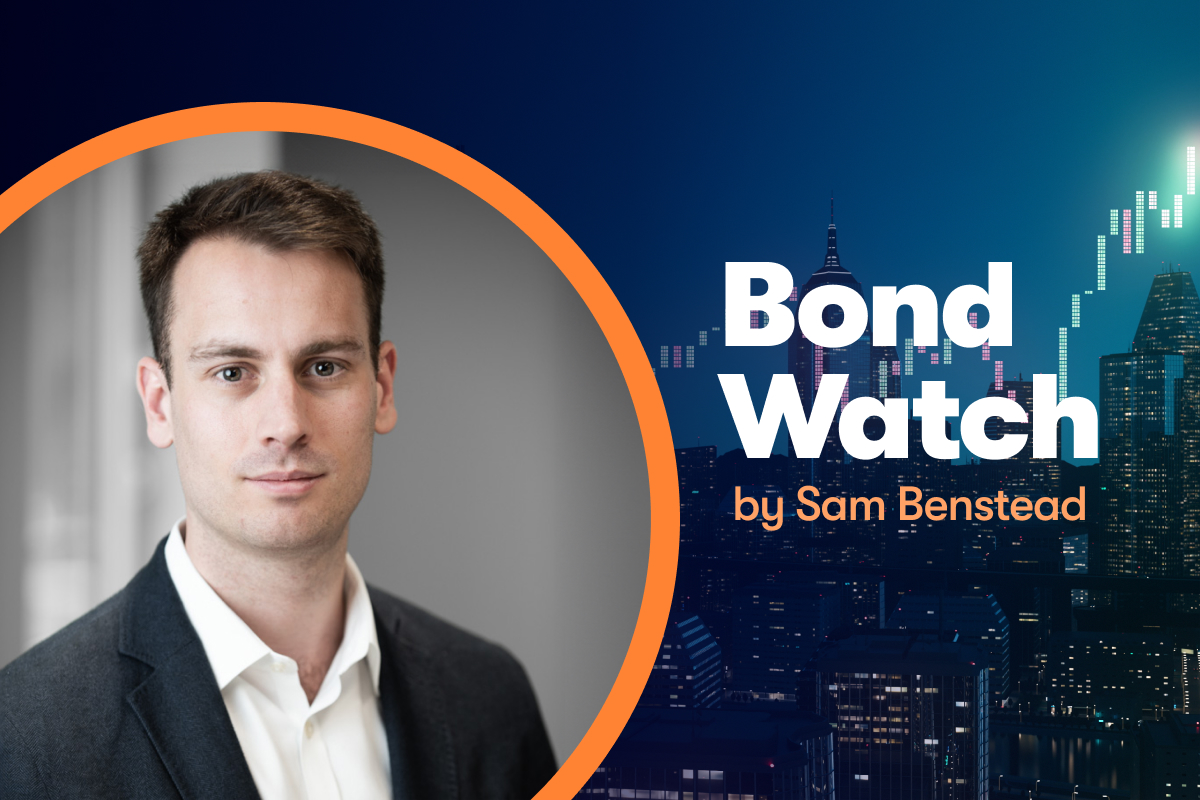Bond Watch: Vanguard plans bonds expansion
Sam Benstead breaks down the latest news affecting bond investors.
27th September 2024 09:12
by Sam Benstead from interactive investor

Welcome to interactive investor’s ‘Bond Watch’ series, covering the latest market and economic news – as well as analysis – that is relevant to bond investors.
Our goal is to make the notoriously complicated world of bond investing simpler, by analysing the week’s most important news and distilling it into a short, useful and accessible article for DIY investors.
- Invest with ii: How Bonds & Gilts work | What is a Managed ISA? | Buy Bonds
The big bonds opportunity?
Vanguard, the world’s second-largest fund manager, is planning a push into actively managed fixed income.
Speaking at a Financial Times conference this week, new CEO Salim Ramji – who joined this year from arch-rival BlackRock – said that the interest rate environment and demographic changes would boost the asset class.
Vanguard is known for its passive bond and equity funds, but is seeking new ways to grow its customer base. It does run some active fixed-income money already, but its passive products are its most successful.
- Fund Spotlight: why we like Vanguard LifeStrategy
- Benstead on Bonds: why a ‘stealth’ bond bull market’s under way
Ramji told the newspaper that fixed income “is going to be more important as people retire . . . it’s going to be more important [than], at least our view is, the long-term rate environment”.
Fund manager abrdn expects interest rates in the UK and US to settle between 2% and 3% by the end of 2026. This implies significant opportunities today in bonds, which yield around 4%. Falling yields lead to capital growth for existing bonds, and starting yields today allow investors to lock in higher returns before interest rates fall.
With interest rates not expected to drop back to their lows of 2020, where they were close to zero, this makes bonds a more appealing opportunity for fund groups.
- Bond Watch: using bonds to beat savings accounts
- Benstead on Bonds: stock market wobble shows why we own bonds
Moreover, as ageing populations in Europe and the US will generally be moved into more conservative investments, this could boost demand for fixed income.
Is France more risky than Spain?
Political instability and high levels of government debt in France are spooking bond investors, who are now demanding a higher return from French government debt than on Spanish government debt.
Looking at 10-year bonds, this is the first time this has happened since 2007, according to Deutsche Bank. Both bonds yield around 3%, which is still less than what UK or US government debt offers – this is linked to the inflation outlook and willingness of the European Central Bank to cut interest rates.
Deutsche Bank strategist Jim Reid says: “The move follows the announcement of new ministers over the weekend, but there’s still uncertainty about how long this government will survive, as they don’t have a majority in [France’s] National Assembly, and will rely on other parties not voting them down.”
These articles are provided for information purposes only. Occasionally, an opinion about whether to buy or sell a specific investment may be provided by third parties. The content is not intended to be a personal recommendation to buy or sell any financial instrument or product, or to adopt any investment strategy as it is not provided based on an assessment of your investing knowledge and experience, your financial situation or your investment objectives. The value of your investments, and the income derived from them, may go down as well as up. You may not get back all the money that you invest. The investments referred to in this article may not be suitable for all investors, and if in doubt, an investor should seek advice from a qualified investment adviser.
Full performance can be found on the company or index summary page on the interactive investor website. Simply click on the company's or index name highlighted in the article.